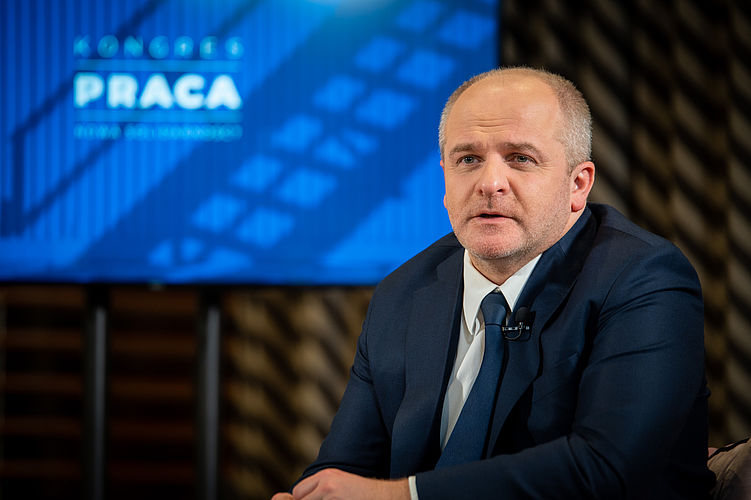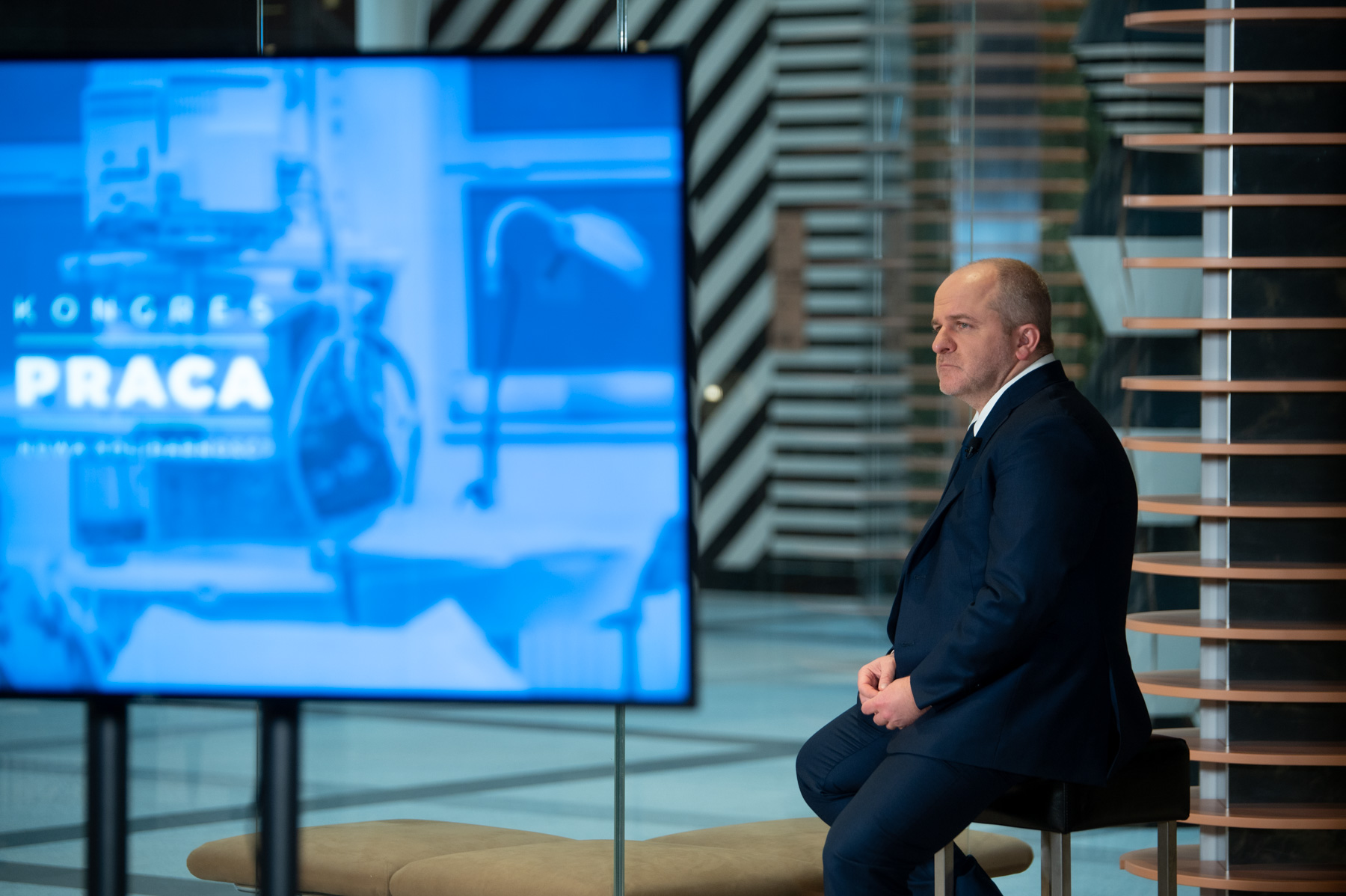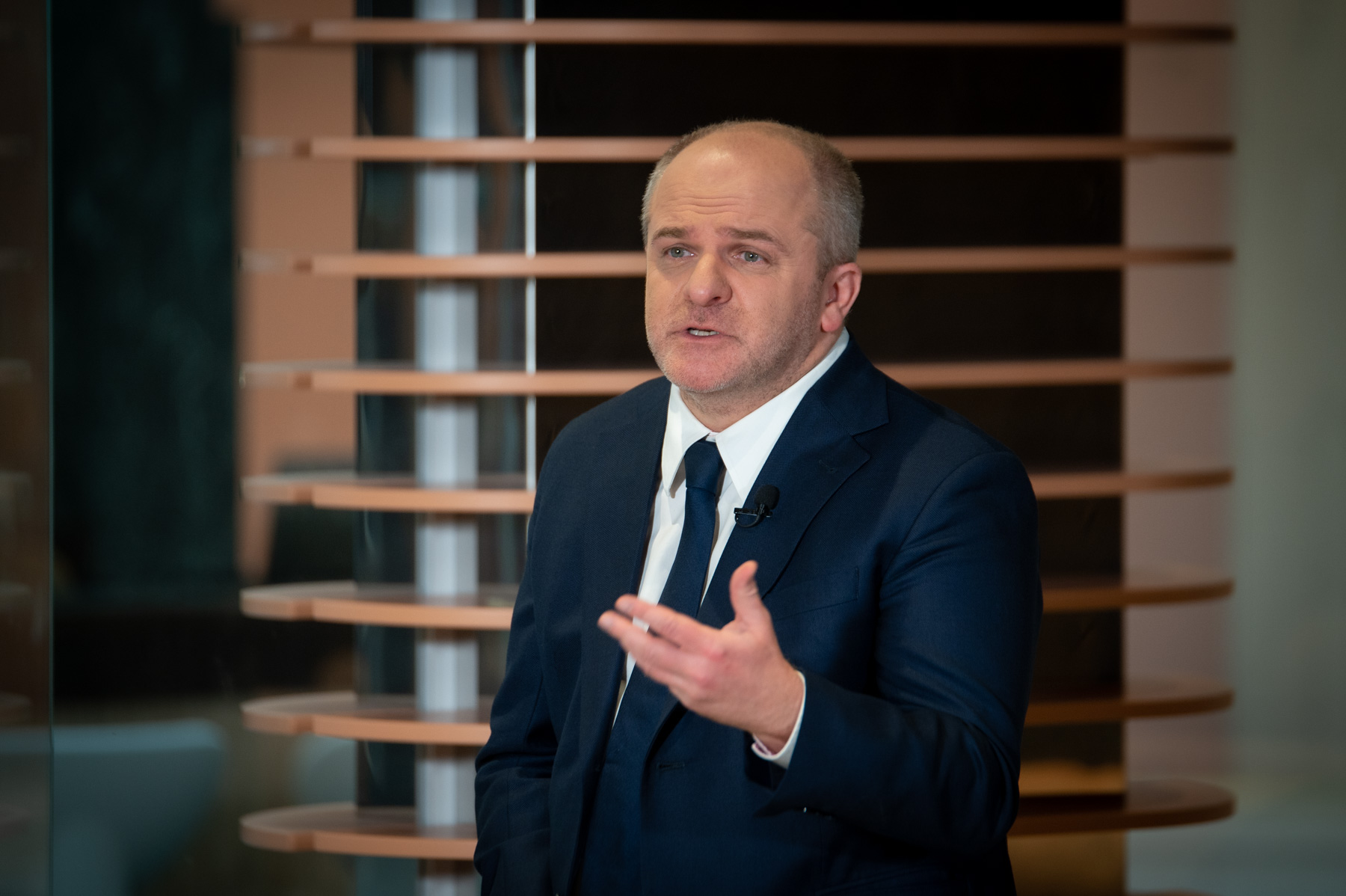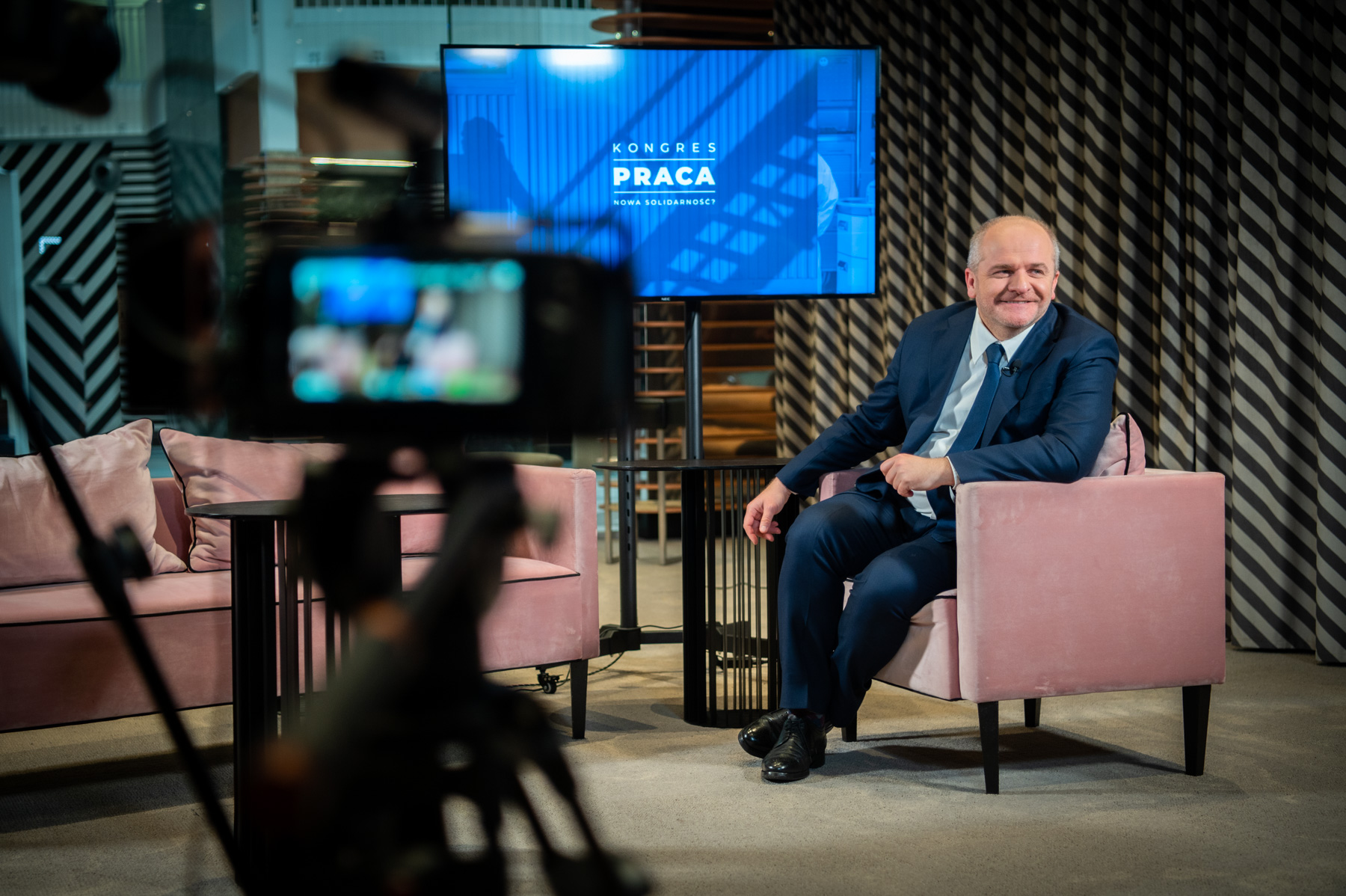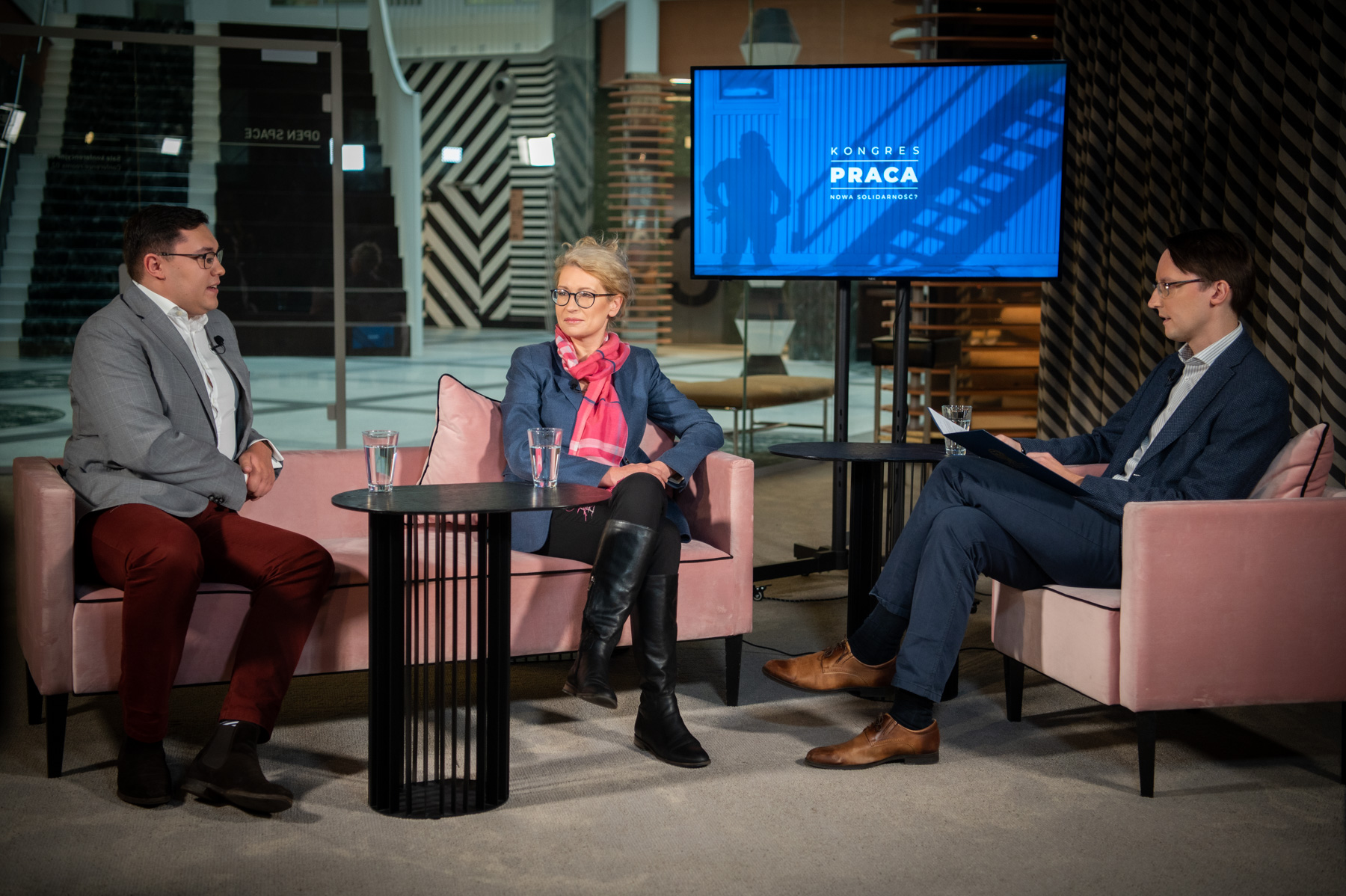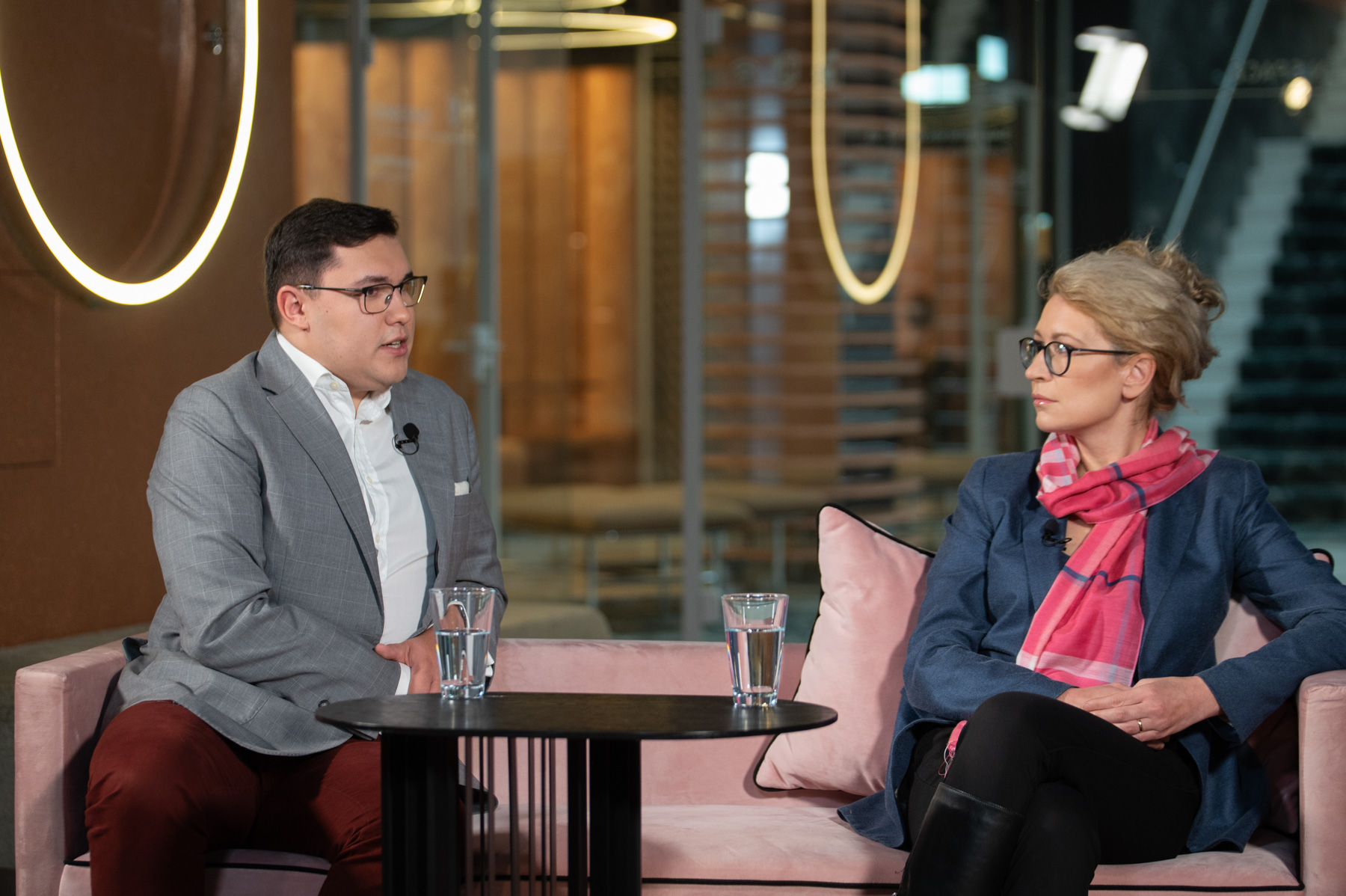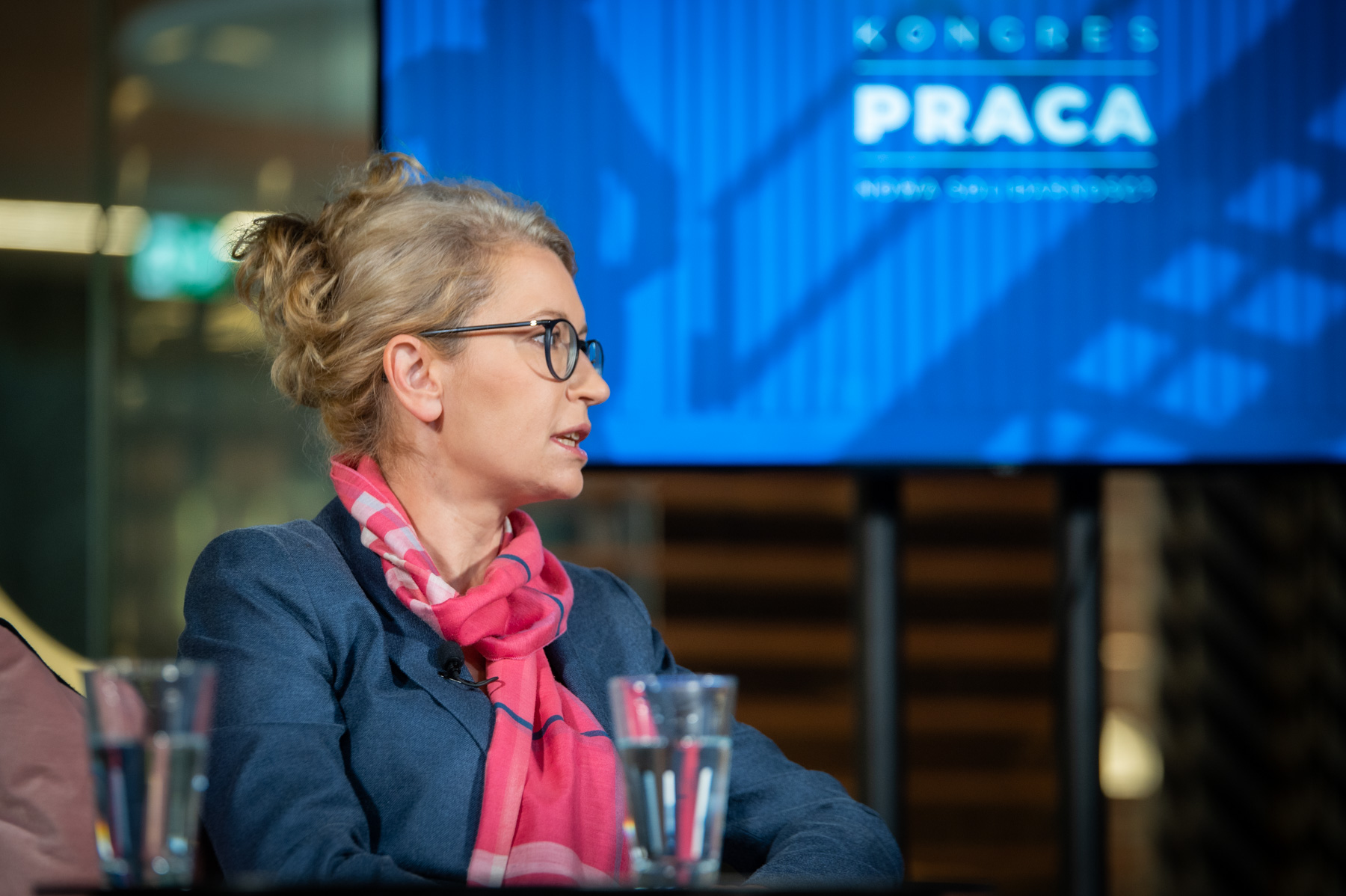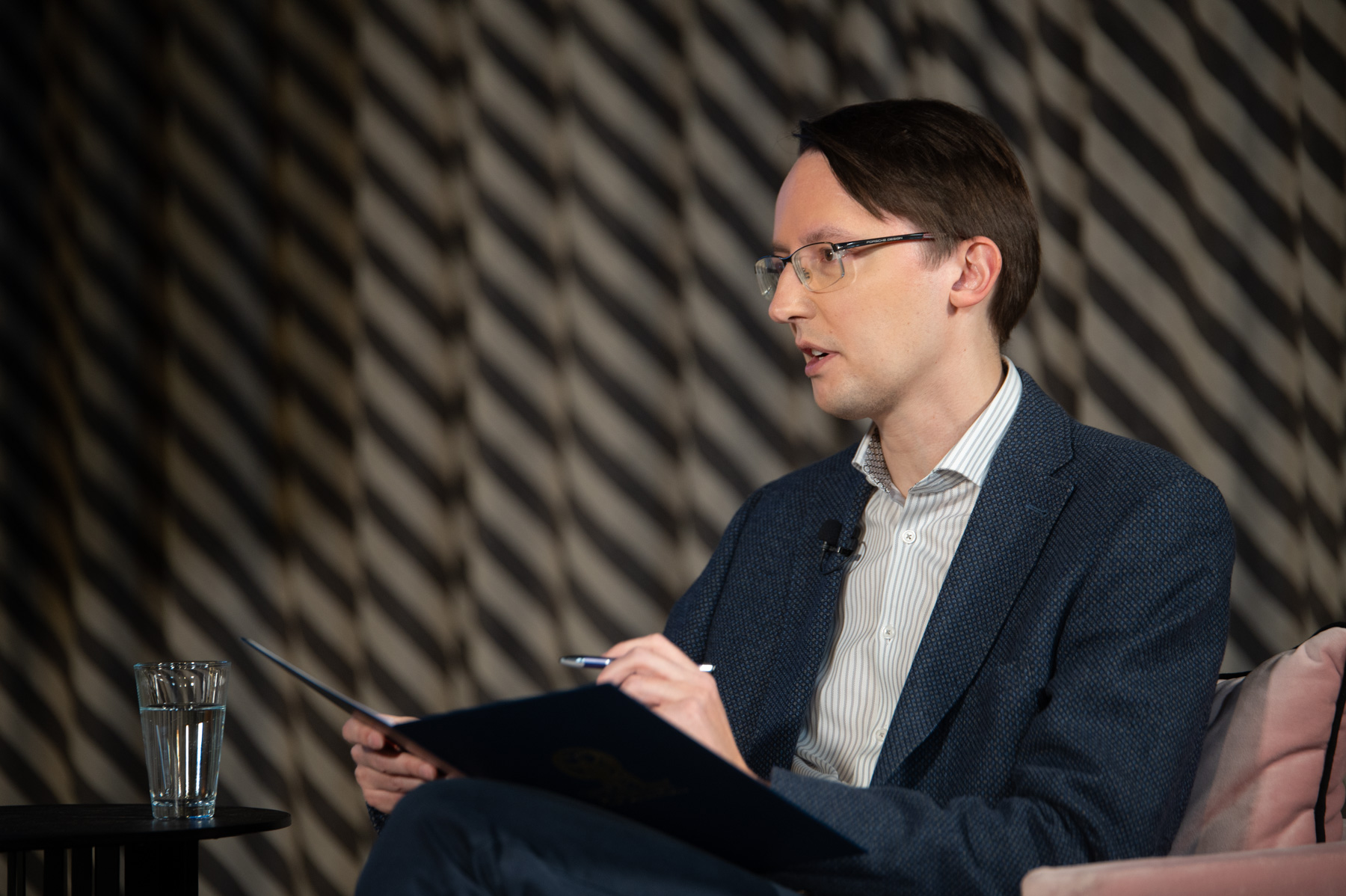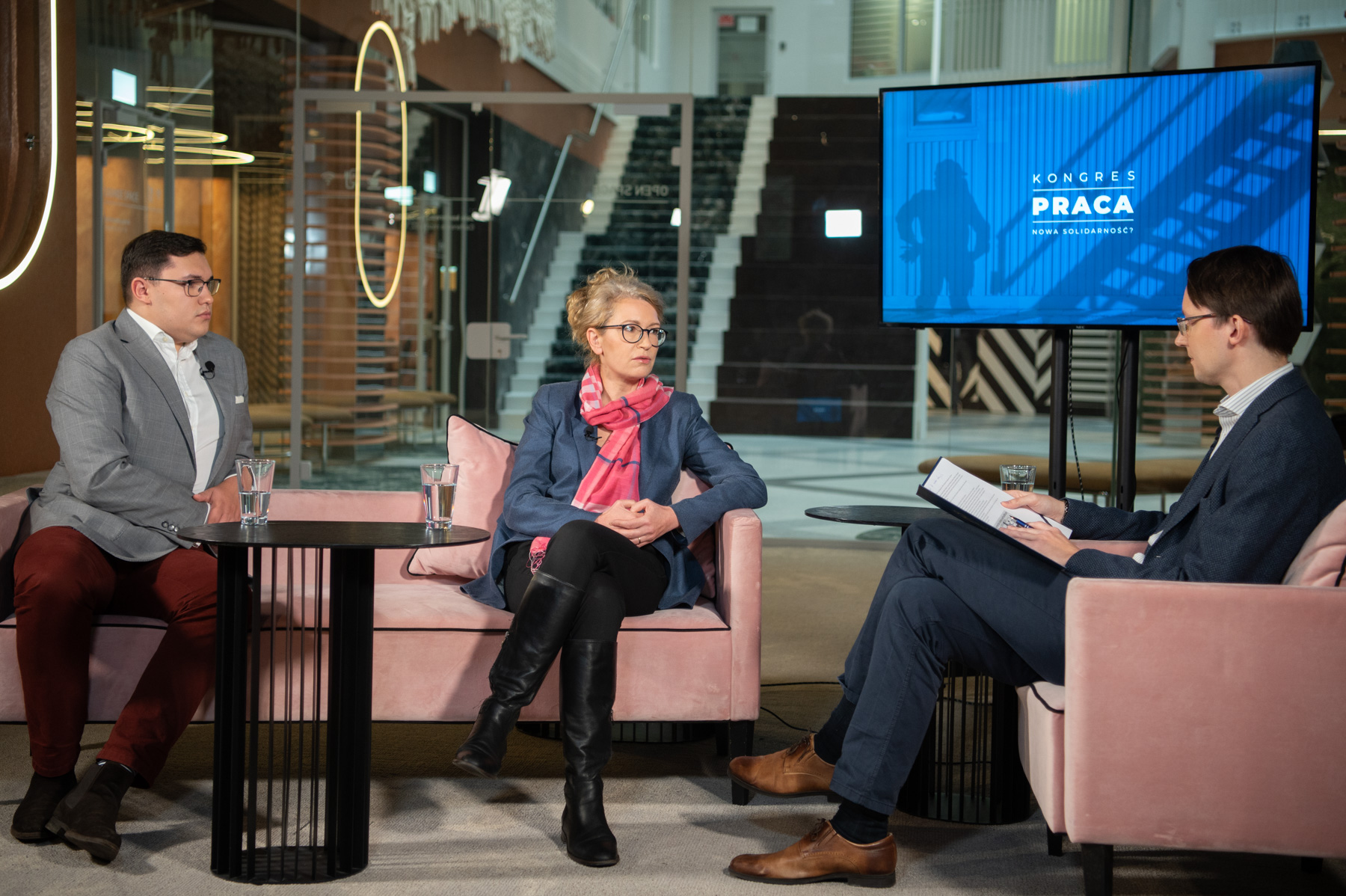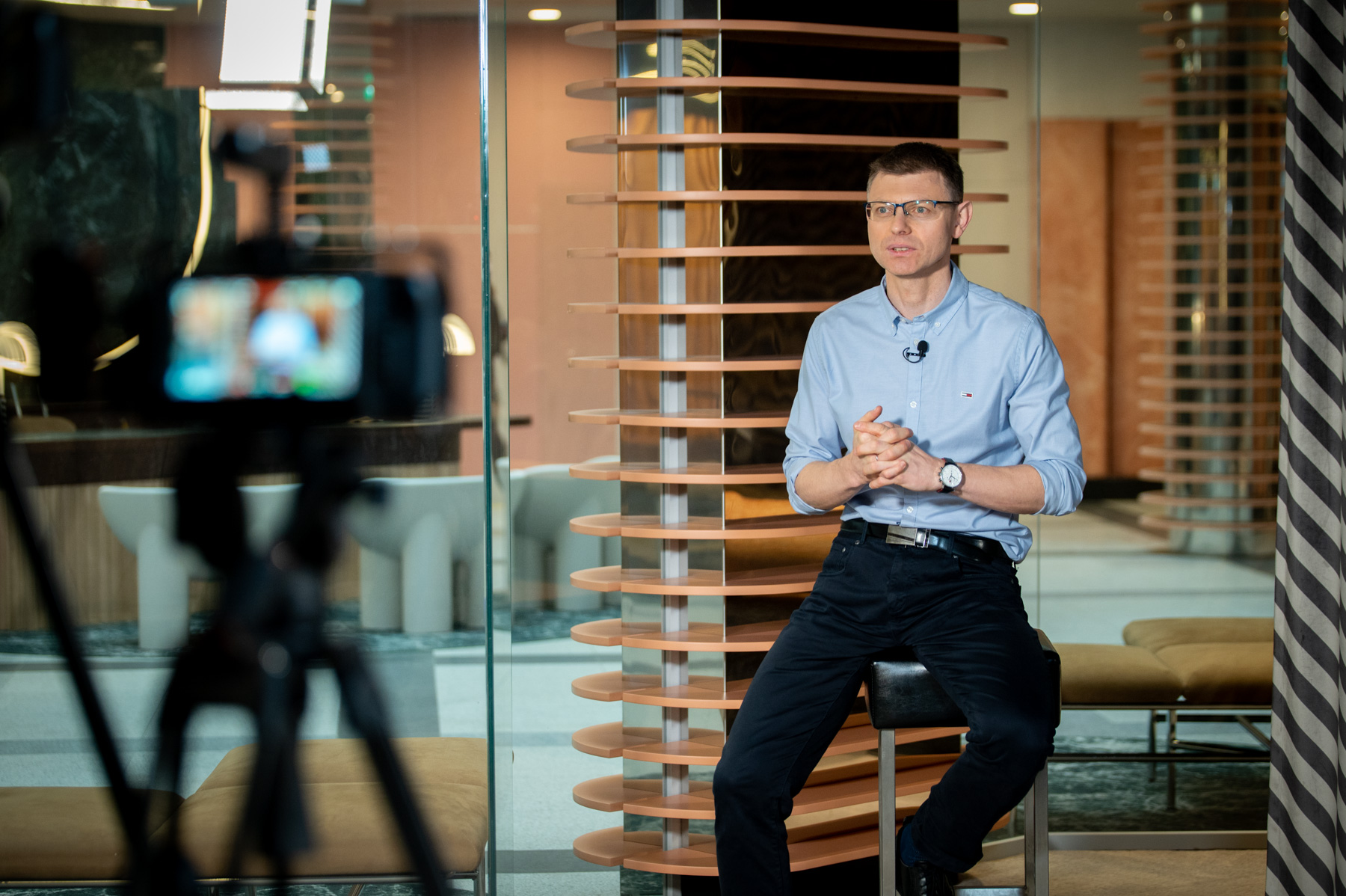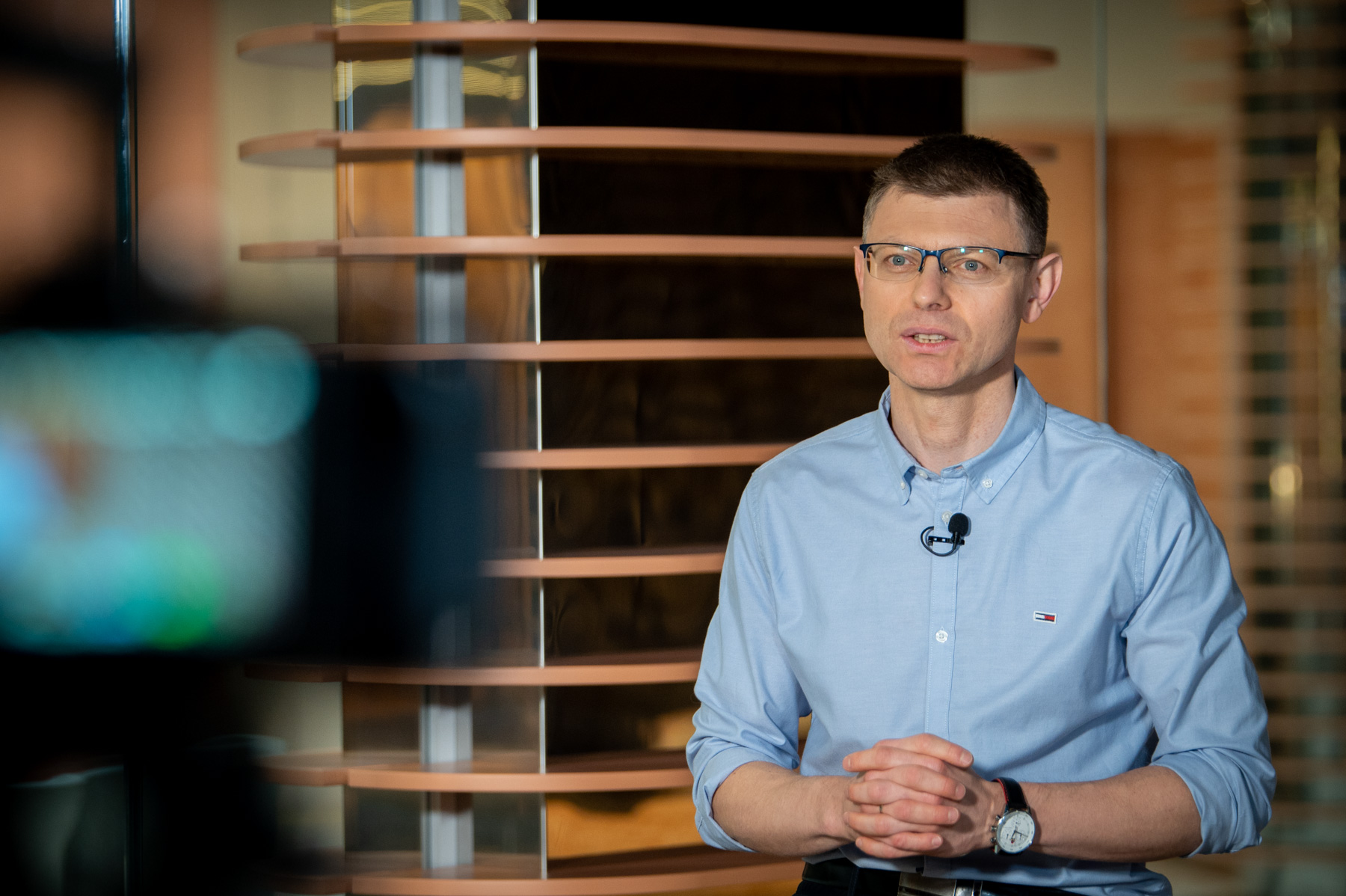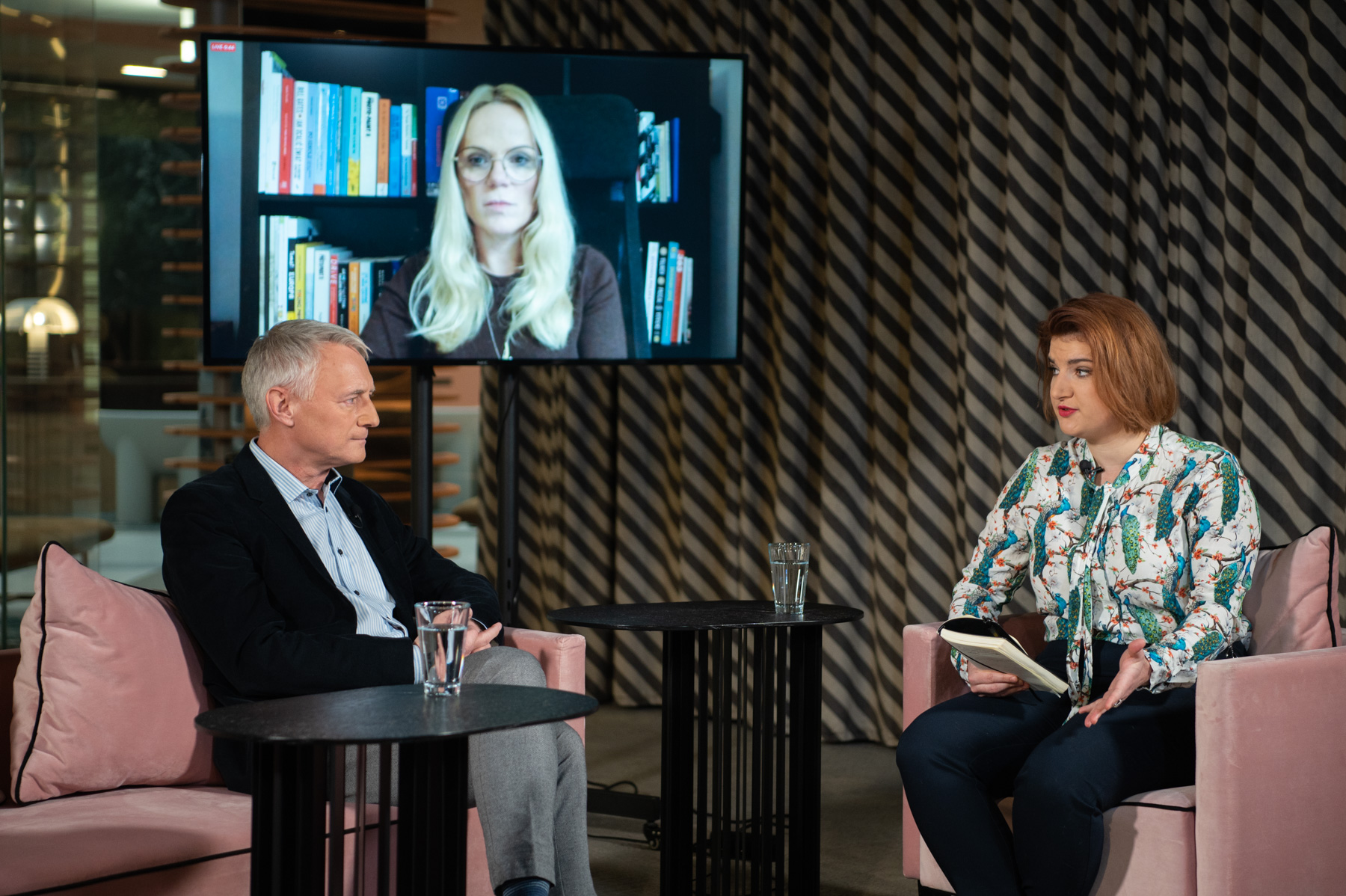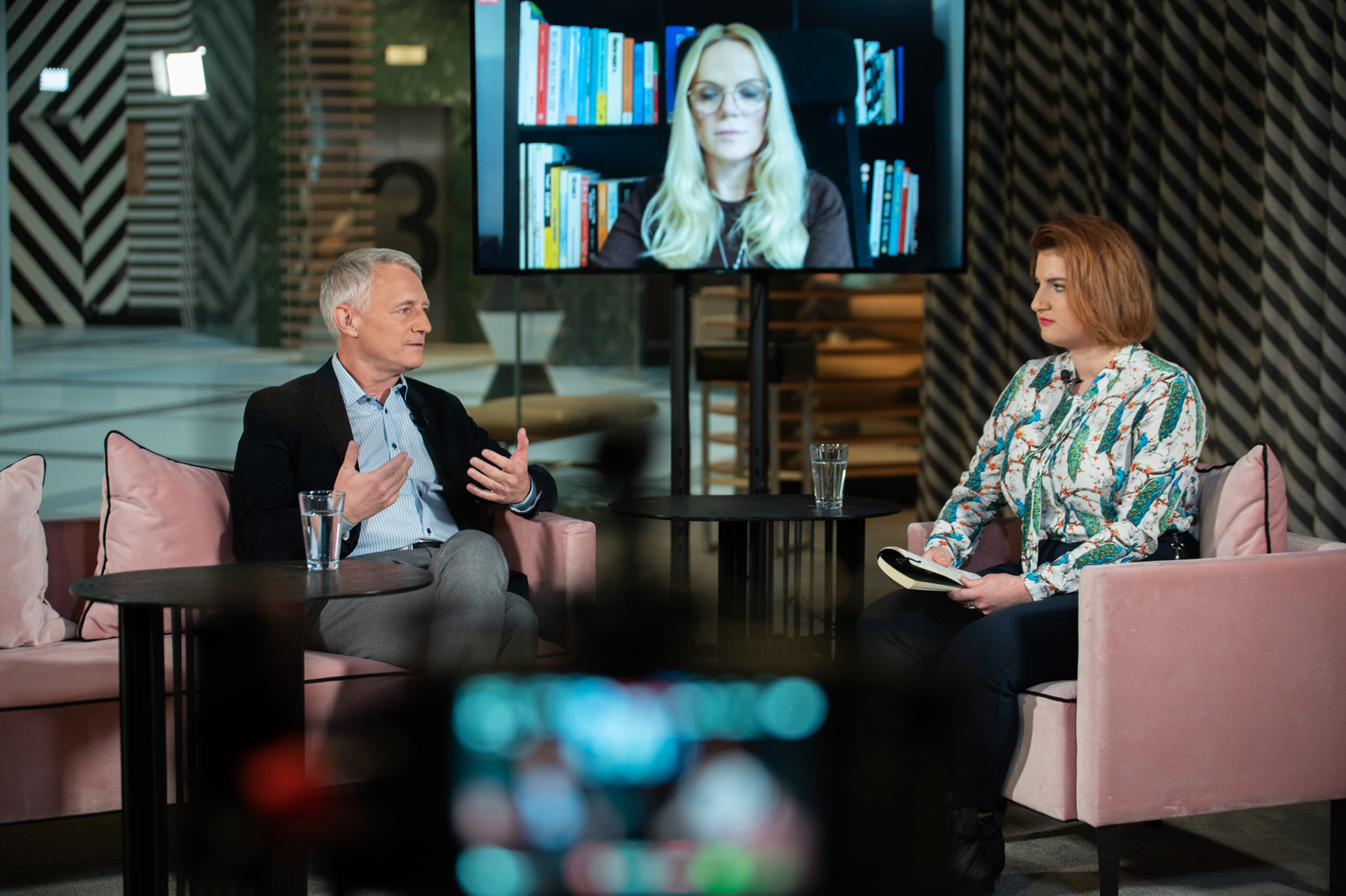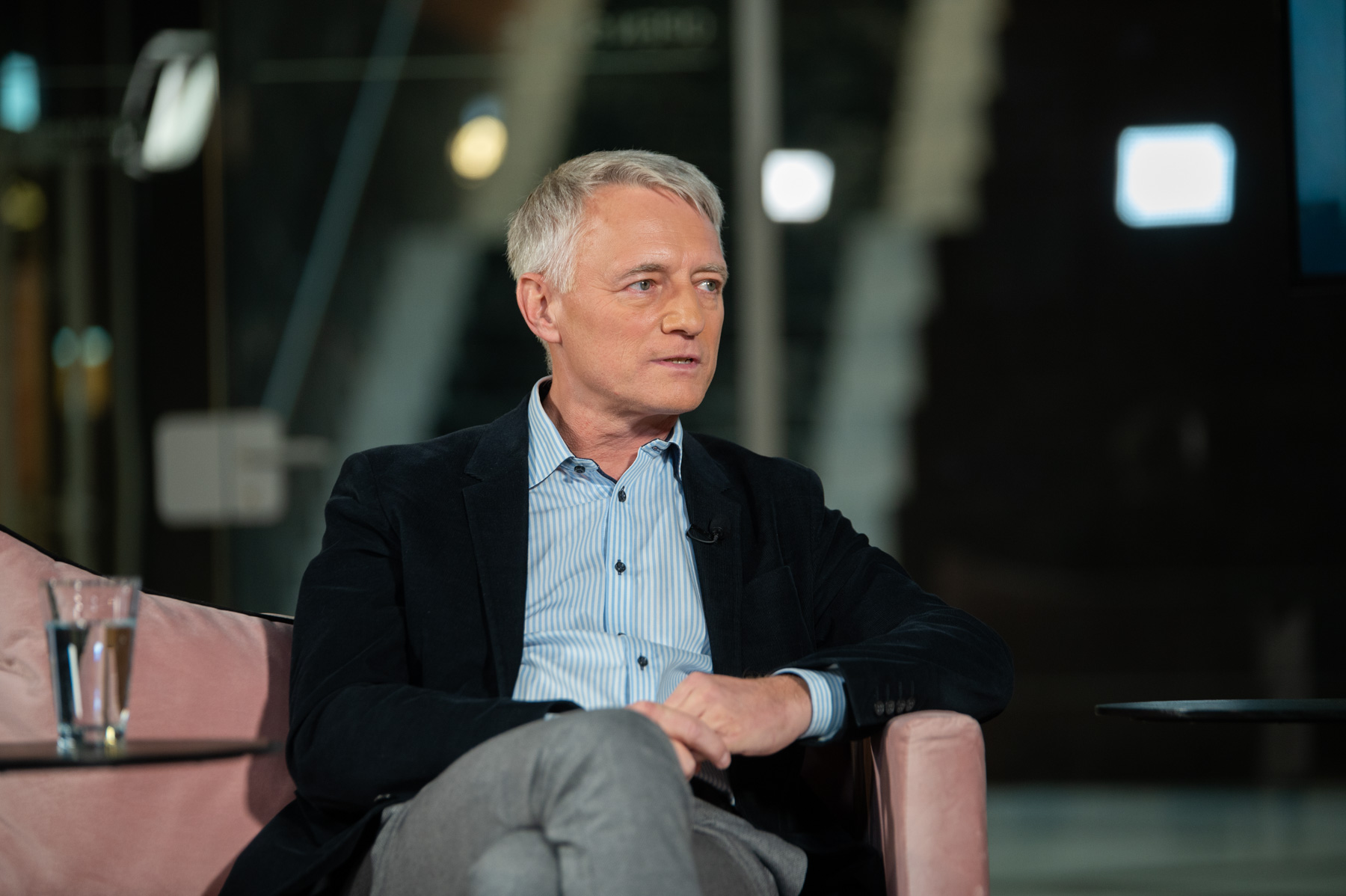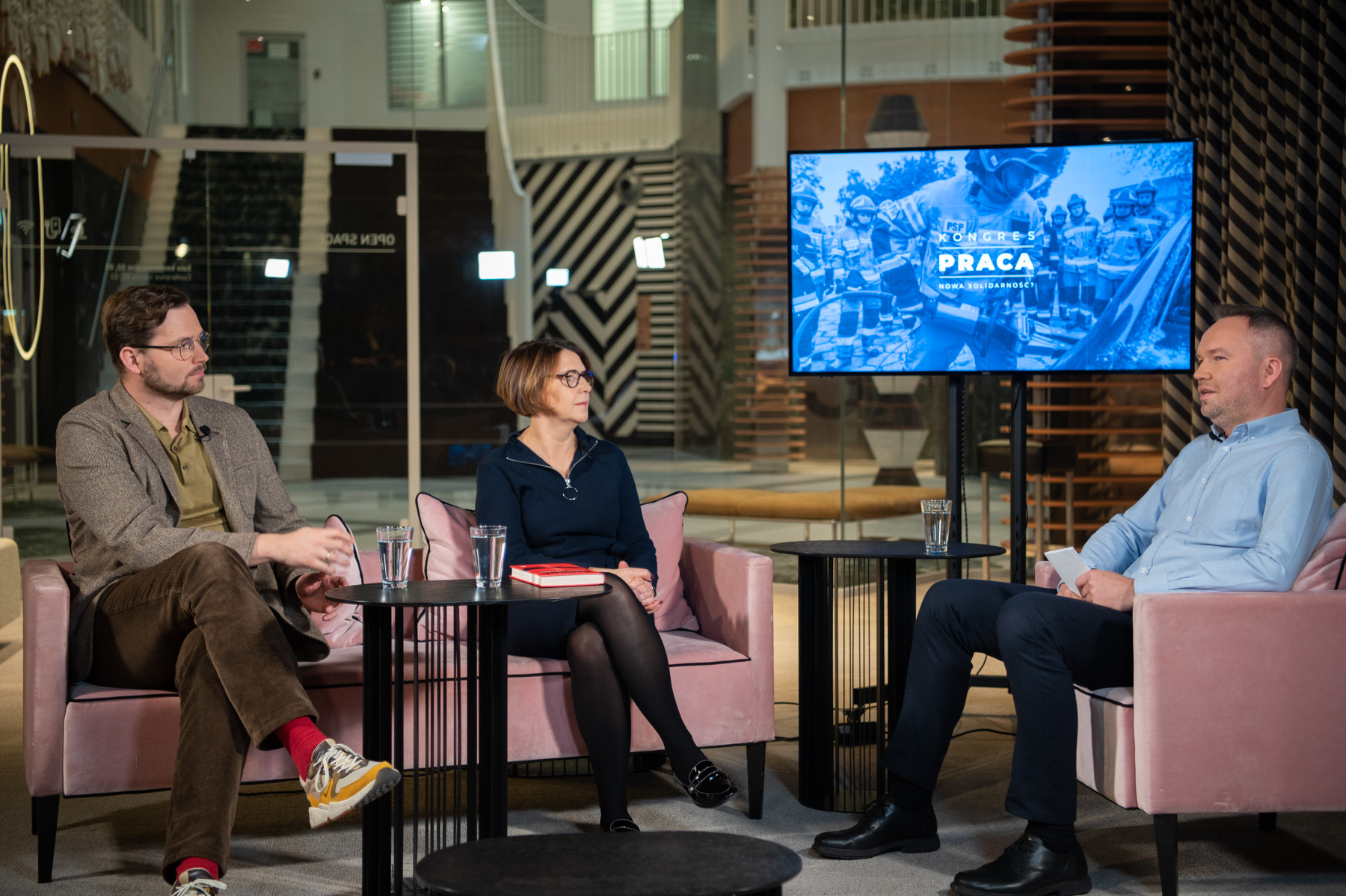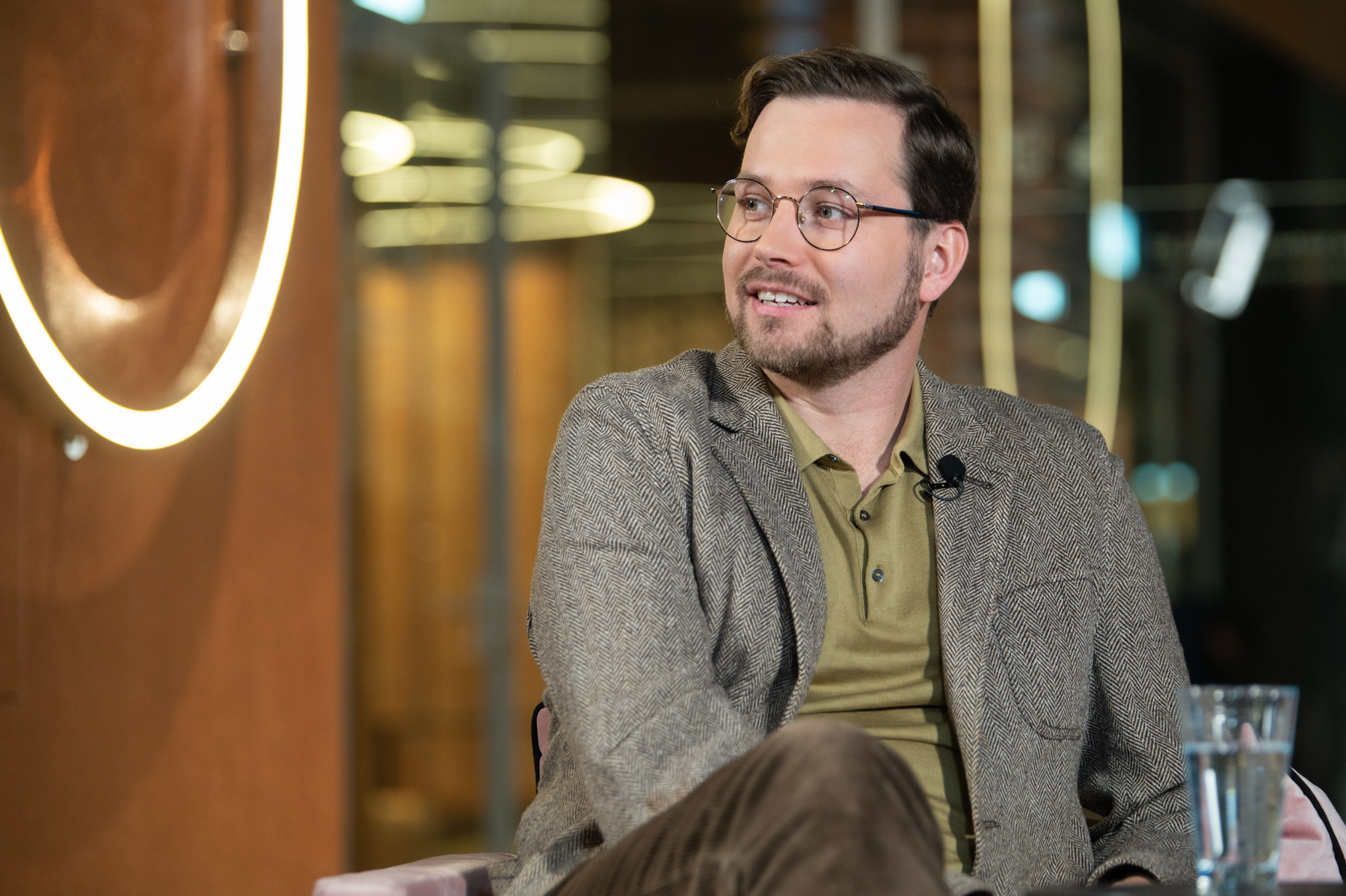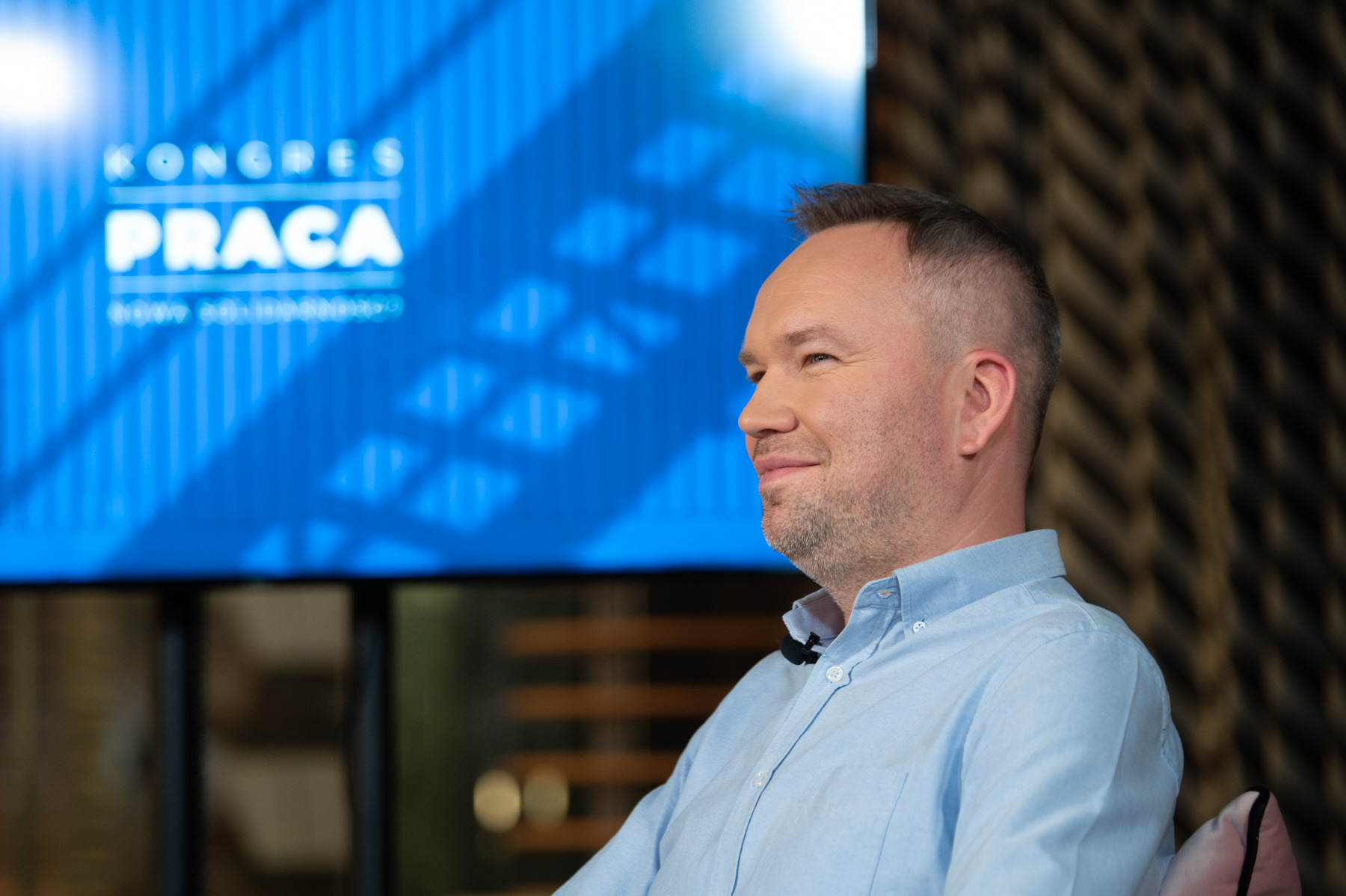LABOR Congress 2021
With our experts, we raised issues related to the social dimension, values, importance to the smooth functioning of the state and the professional ethos of these professions. We highlighted the key problems and difficulties faced by various professional groups, and presented specific ideas for solutions, which, with little effort, could push the joint effort in the right direction and bring positive results to society as a whole.
-We want to talk about the condition of public professions – civil servants, doctors, teachers. Those are people who have decided that they do not want to do business, but simply want to serve the State. It is up to them to make a difference in our state - Prof. Paweł Kowal said, opening the congress. In his opinion, medics were met with ingratitude during the pandemic. - That is why we want to return to the project We, in Solidarity with medics. We also want to create a variant of this law intended for teachers - MP Pawel Kowal remarked.
During the first panel, we talked about the work of medics. Our experts were Dr. Tomasz Imiela, Maria Libura and Gilbert Kolbe.
Dr. Tomasz Imiela cited public opinion polls showing that medical professions are held in high esteem, but the trust in doctors and nurses in Poland is one of the lowest in Europe. - What is the role of a doctor from the patient's point of view? - he asked, starting the discussion.
Gilbert Kolbe, a nurse anesthetist, mentioned that only a few years ago the subject of patient communication was introduced at medical universities. - Due to the constant rush and excess of duties, we don't have time to talk to patients, we don't have time to pass them all the knowledge they should have about their health condition - Kolbe said.
Another topic of discussion about the work of medics was how to treat patients effectively. Health expert Maria Libura said that correct treatment is difficult without a well-functioning medical team. - We keep referring to a doctor as a profession of public trust, and, on the other hand, medics are treated like some sort of micro-entrepreneurs, hired workers. This creates a disorganized, fragmented system. And this impacts on the quality of treatment, which is crucial both for the health of patients and the safety of medical professions. Good human health is a huge asset for society and for the state – Maria Libura said.
Dr. Imiela's question about obstacles facing medics on the road to good treatment and job satisfaction was answered by Gilbert Kolbe. In his opinion, the main problem is not enough staff. - It often happens that a doctor “covers” both the surgical department and the Hospital Emergency Department in one shift, which is very harmful to patients. So medical personnel try to eliminate the most serious problem, which means that they do not treat the patient holistically, but treat a disease unit with which the patient came. This causes that smaller health problems of the patient are often not diagnosed - the nurse said. He added that, paradoxically, we do not have few medical school graduates in Poland. However, low salaries and poor working conditions make those graduates choose to work in private health care or go abroad. What's more, according to current Eurostat data, health care expenditures in 2021 in Poland fell compared to the previous year. We spent 4.8% of GDP on health. Such outlays are not enough to make the necessary changes.
According to Maria Libura, it should also be noted that more and more people with medical and peri-medical training are moving into the commercial sector. Nurses are becoming cosmetologists, and physiotherapists are becoming personal trainers. We have a situation where the service sector is recruiting people from the medical sector. In fact, we train high-quality medical personnel who are moving on to other markets.
Dr. Tomasz Imiela mentioned an idea of the need to commercialize health care, which is prevailing in the public debate. In Maria Libura's opinion, this is an extravagant idea. - Commercialization often leads to the inflation of medical expenses. Those who can afford the best insurance receive good care, while the rest do not receive even the very basic care. If we think of a patient's health as an asset for the society as a whole, it is clear that it is better, however, to invest in efficient public systems that provide universal access to medical care. These are the models we see in European countries - she said.
Maria Libura talked about the role of a family doctor. According to her, the reforming of classic Primary Healthcare units (Polish aconym -POZ) is the key to upgrading the entire health care system. Family doctors and their entire team know their patients, and that is why they can effectively treat and detect diseases early. - We should expand diagnostics in POZs and strengthen a regulated contact with patients. This calls for an overhaul of the system and an appreciation of the role of family doctors. This will also increase the prestige of so well-trained staff. Currently, we consider a family doctor as someone who writes us a referral to a specialist. This is a waste of the resources of superbly educated doctors – Maria Libura said.
Experts also said that a medical secretary or physician assistant, especially in the private sector, work very efficiently and to the benefit of the patient. Doctors can then devote more time to the patient instead of filling out paperwork. Moreover, a profession that is far too underutilized in health care is that of medical caregivers. - In Poland, we have more than 60,000 people who are certified as health caregivers. However, there are about 16 thousand of them working in the public system. A health caregiver can successfully replace a nurse or midwife in routine tasks - Gilbert Kolbe concluded.
Next speech was delivered by Dr. Konrad Ciesiołkiewicz, Chairman of KIG’s Social Dialogue Committee, partner of the event. His speech was an introduction to the following panel discussion.
- If we think of the state and society as the structure of a house, then teachers and their work are responsible for the building and durability of its foundations. Without a teaching profession, no other profession can exist. It is also a blueprint for all those who perform educational and upbringing functions - educators, skills trainers, instructors at workplaces, social animators, NGO educators, and teaching and research staff at universities - Dr. Ciesiołkiewicz began.
According to the chairman of KIG’s CSP, teachers also act as the ears and eyes of the state-social system, in the good sense of the word. They are guides for their students, who are responsible for shaping in them a sensitivity to beauty, goodness, truth and, above all, to the other person.
Teachers, whose work remains extremely undervalued, have been experiencing radical changes in their work environment in recent years. They are now one of the most traumatized social groups in Poland, subjected to a number of experiments and sudden changes introduced without prior announcement, the necessary preparations and proper dialogue with the teaching community. The first wave of changes was related to education reform in 2017. Two years later, the largest teachers' strike since 1993 broke out, which was not only a fight for decent wages, but also for a broader debate about the future of Polish education, the identity and ethos of the profession, which many teachers perceive as their life mission. The disappointing and dismissive attitudes of politicians to teachers' demands seem to have accelerated the departure from the profession of lots of education system.
Konrad Ciesiołkiewicz called for psychological support for teachers and educators to be provided as soon as possible. We must also take care of school autonomy, which constitutes the strength of local communities.
The chairman of KIG’s CSP drew attention to staff shortages, as every year there are fewer and fewer teachers in Poland. The most resourceful often choose to work in business, and the most committed often fall into a state of professional burnout, the huge scale of which is an open secret. We entered the current school year with a shortage of 10,000 teachers. Warsaw institutions alone are short of nearly 3,000 teachers.
- We are discussing about investing in the future and supposedly caring for children and young people. If it is indeed so important to us, we should first approach teachers and education workers with care, because they are the heart of our social bloodstream - Konrad Ciesiołkiewicz concluded.
The second panel was devoted precisely to the work of teachers. Our experts were Monika Helak, Jacek Królikowski and Zyta Czechowska.
Monika Helak began by recalling the changes in education that had taken place over the past few years. In her opinion, as a result of those refoms, many teachers have left their jobs.
- We forget that, after all, it is the teachers who bear responsibility for the education and future of almost 5 million students - the expert said.
Jacek Królikowski, President of the Civil Society Development Foundation, referred to the above statement. In his opinion, the structural changes mentioned earlier were an expression of huge arrogance on the part of the authorities, because they were introduced against opinions of scientists and practitioners.
The Teacher of the Year 2019 and Director of the Non-Public Teacher Training Center - Zyta Czechowska talked about hardships of engaging teachers into the new teaching process during the pandemic. Not all teachers had right competencies to do so. Moreover, while in special education the teachers had very good contact with parents, however in mainstream schools there was not always such a big parental support for homeschooling.
- Many good things happened in the process. We certainly saw a greater need to equip our schools with appropriate equipment. We have acquired new skills. More and more teachers, as well as parents, see some potential in new technologies when it comes to independent learning, knowledge acquisition, problem-based learning, information retrieval. We also know more and more how to navigate safely on the Internet - Zyta Czechowska said. It seems that we have changed our thinking about education. It has turned out that indeed not everything has to take place onsite and within the walls of the school.
- We have examples from many systems of what modern education can look like. Many teachers would like to teach in this way. Given the possible changes in education being proposed by the ministry, school principals and teachers will find themselves under pressure. This will waste people's energy and motivation - FRSI (Information Society |Development Foundation) President said.
During the discussion we also talked about the role of local governments. Currently they are reduced to an entity that only maintains the building, but is not held responsible for education. This deprives teachers of some local support. According to Zyta Czechowska, it is very difficult to teach without autonomy and the ability to adapt the teaching and therapeutic process to the specifics of a particular institution. It is not that every school in Poland should act in the same way and use the same methods, or organize the same workshops and projects.
The education system is not only teachers and students. Education is a matter for all of us. It seems that society is not fully convinced that teachers and school have a majority influence on the attitudes and future of young people. - It is very unfair to voice critical comments on the work of teachers, discrediting the teaching profession. As a society, we should establish a dialogue with teachers so that our children and grandchildren have the best possible education system – Zyta Czechowska remarked.
- I cannot understand the passivity of parents towards changes taking place in education. These changes directly affect their children. I understand that some parents are looking for non-public schools, better education for their children, they allocate money for this. I understand that in Poland, special structures to activate parents in the life of schools have not been created, and thus formalized cooperation between parents and teachers has not been established. Certainly, parents’ influence on school life was not what it should have been. Nevertheless, I can't understand a situation in which public authorities talk about womanly virtues and this doesn't provoke parents’ protests - Jacek Królikowski said. In his opinion, if a bill centralizing education passes through the Sejm, teachers will be a cog in the system and will be deprived of any motivation. - However, I hope that they will stay in line with the ethos of their profession and try to do what is the best and possible in a given system. It's all in their hands - he said.
- I'm worried about the size of the staff. If the situation does not improve, we will be forced to hire random people who have not found employment in other sectors. This will translate into the quality of education. I believe in fantastic teachers, their willingness to change for the sake of good education – Zyta Czechowska concluded the discussion.
The last panel of the LABOR Congress was devoted to labor in public service. The speakers were: Karol Reczkin, Magdalena Pawlak and Maciej Kuziemski.
In his introduction, Karol Reczkin, coordinator of activities of the MISO Analysis Center, indicated that the intention of the discussion was to explore the anthropology of experiences and value of work in the public service.
President Magdalena Pawlak explained that the Grow Up with Us Foundation takes care of people whose loved ones were killed in the course of public service. She mentioned that the book “Death Worth the Cause” published by the foundation, recounts these experiences. - This is service on a daily basis. Not only one person works, the whole family works. It's shift work and frequent trips. One day it may happen that a person does not return home - Pawlak said. She also mentioned the passing of the public service work ethos from generation to generation. On more than one occasion she had been told stories of children who decided to take on that type of work even after a tragic death of their father or mother.
Public policy expert, social researcher and author of the podcast Postnormality Maciej Kuziemski was a guest at the first edition of Campus Poland of the Future, where he conducted individual consultations on careers in the public sector. He talked about his impressions of his interviews with young people. - The energy of young people is not systematically channelled. I can see great potential for young people to find recruitment in the public service - he said.
Kuziemski noted that young people have somewhat different values from those respected by people currently employed in the public service. Their primary motivation is to have an impact on something. It's not to make more money, to climb a corporate career ladder, but to be involved in something that contributes to a greater good. In his view, the public sector has all the cards in its hands to be attractive to this generation. - We are an aging society. There are not enough young people to make a difference within the system. They will always be outvoted by the older ones. In this sense, it is worth considering how to remodel democratic institutions in order to get young people involved in activities - the expert said.
Magdalena Pawlak pointed out one more problem. In Poland, we have a large number of very well-trained people who finish their work early, and, unfortunately, we forget about them. - We could create tools for them to continue sharing their knowledge and experience. Their training is expensive and then there is no further career path, a space where they could develop - president of the Grow Up With Us Foundation remarked.


